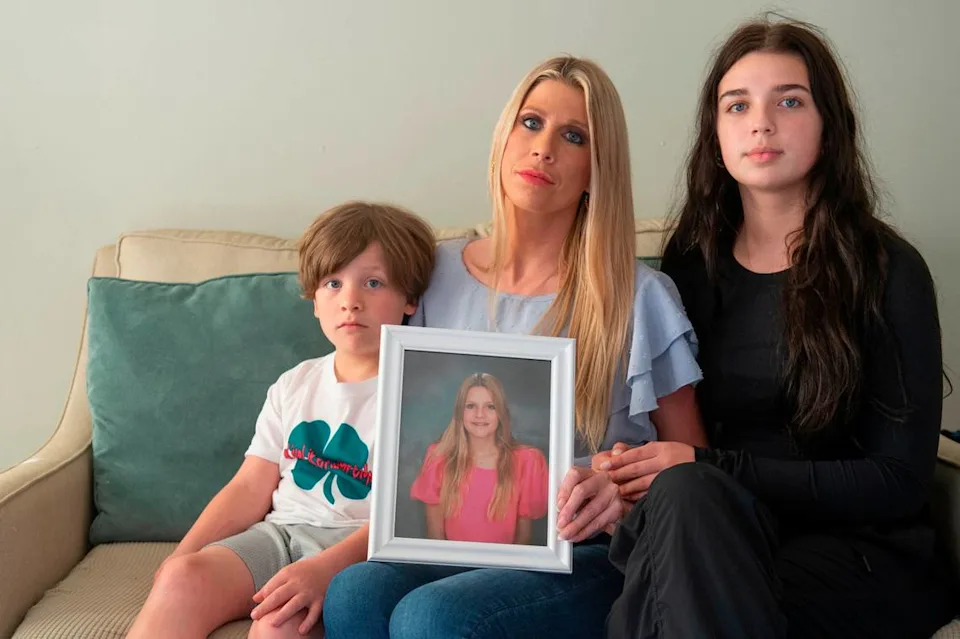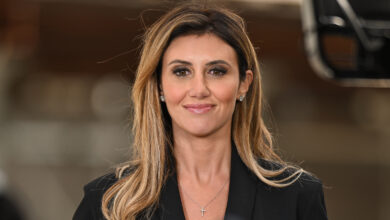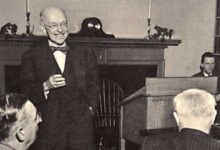The story of Aubreigh Wyatt has touched many hearts, not only because of the tragedy surrounding her life but also because of the conversations it has sparked about compassion, resilience, and mental health awareness. In a world where young voices often feel unheard, her journey stands as a reminder of the importance of kindness and the role communities play in protecting their children.
This article explores her story with sensitivity, highlighting lessons we can all carry forward, while painting a vivid picture of her legacy.
Who Was Aubreigh Wyatt?
Aubreigh Wyatt was a bright, kind-hearted young girl whose presence left a lasting impact on her family, friends, and community. Known for her warm smile and spirited personality, she had dreams, passions, and a zest for life that made her stand out among her peers.
But beneath that cheerful surface, Aubreigh struggled with challenges that are all too familiar to many young people today. Her story is one that blends joy and heartbreak, drawing attention to the silent battles children and teens often fight.
Her memory now lives on as a symbol of both love and the urgent need for greater awareness about the pressures young people face in today’s fast-paced, digital-driven world.
Aubreigh Wyatt and the Importance of Mental Health Awareness
Mental health has long been overlooked, particularly among children and teenagers. For many, expressing pain or asking for help feels overwhelming, either due to stigma, lack of resources, or fear of judgment.
Aubreigh Wyatt’s story sheds light on this reality. It emphasizes that behind every smiling face can be struggles we may not see. Communities, schools, and families are now recognizing the importance of opening up conversations about emotional well-being—conversations that could save lives.
Her journey has inspired initiatives and discussions that encourage parents to check in more deeply with their children, friends to listen without judgment, and schools to create safe spaces where every student feels valued and heard.
The Power of Community Support
One of the most remarkable aspects of Aubreigh’s story is how her community rallied in response. Vigils, tributes, and moments of remembrance were organized, showing that even in tragedy, unity and compassion can shine through.
Community support goes beyond flowers, memorials, and kind words. It also involves concrete actions—like raising awareness about mental health resources, funding programs for young people, and ensuring no child feels isolated.
Aubreigh’s name has become a call to action, urging people everywhere to ask a simple but powerful question: “How can we protect and uplift our children before it’s too late?”
Challenges Young People Face Today
To understand the deeper meaning behind Aubreigh Wyatt’s legacy, it’s important to examine the broader challenges children and teens face:
Academic Pressure
Many students feel intense pressure to perform well academically, often at the expense of their mental health. Success becomes a weight rather than a joy.
Social Media and Cyberbullying
While digital platforms connect us, they also expose young people to cyberbullying, comparison, and unrealistic standards. For sensitive and empathetic individuals like Aubreigh, these pressures can be especially harmful.
Identity and Belonging
Adolescence is a time of self-discovery. Struggles with identity, fitting in, or feeling different can magnify feelings of loneliness.
Silence and Stigma
Perhaps the most damaging challenge is the stigma that surrounds speaking openly about emotional struggles. Too often, children remain silent, fearing judgment or misunderstanding.
How Aubreigh Wyatt’s Story Inspires Change
Tragedies often leave communities searching for meaning. In the case of Aubreigh Wyatt, her memory has inspired movements centered around kindness, empathy, and support.
Encouraging Open Conversations
Parents and educators are learning that it’s not enough to ask “How are you?” in passing. Children need real, open-ended conversations where they feel safe to share their feelings.
Promoting Mental Health Education
Schools and organizations are introducing programs that teach coping skills, stress management, and the importance of self-care. These lessons are just as crucial as math and science.
Acts of Kindness
In her memory, many have pledged to live with more kindness and compassion—small acts that could make a significant difference in someone else’s day.
Support Networks
Communities have begun to build stronger support systems where children know they can turn to trusted adults or peers without fear of being dismissed.
Lessons from Aubreigh Wyatt’s Legacy
Though her life was tragically short, Aubreigh Wyatt left behind valuable lessons that continue to guide those who knew her and even those who only learned of her story afterward.
1. Every Smile Has a Story
It reminds us not to assume someone is fine just because they seem happy on the outside. Taking the time to truly connect can make all the difference.
2. Kindness Is Powerful
A single act of kindness—whether it’s a smile, a kind word, or a helping hand—can mean the world to someone who feels invisible or alone.
3. Community Matters
When individuals come together, healing and change become possible. Her community’s response showed that no one should ever feel alone in their struggles.
4. Speak Up, Listen Deeply
Encouraging open conversations about feelings helps remove the stigma and builds a culture where emotional struggles are met with empathy, not silence.
Moving Forward Together
The tragedy of Aubreigh Wyatt cannot be undone, but her legacy continues to inspire change. Her story serves as both a wake-up call and a beacon of hope. By remembering her, we are reminded that each child’s life is precious, and each voice deserves to be heard.
Families can honor her by spending more intentional time together, communities can honor her by building stronger safety nets, and individuals can honor her by committing to kindness every single day.
Conclusion
The story of Aubreigh Wyatt is not just about loss—it is about awareness, action, and the power of love. While her absence is deeply felt, her memory has become a movement, sparking critical conversations and inspiring people to show more compassion to those around them.
In remembering her, we are urged to look closer at the young lives around us, to listen more attentively, and to lead with empathy. The best way to honor her legacy is by ensuring no child feels unseen, unheard, or unloved.
Her name now carries with it a powerful message: that we all share the responsibility of making the world a kinder, safer place for future generations.




